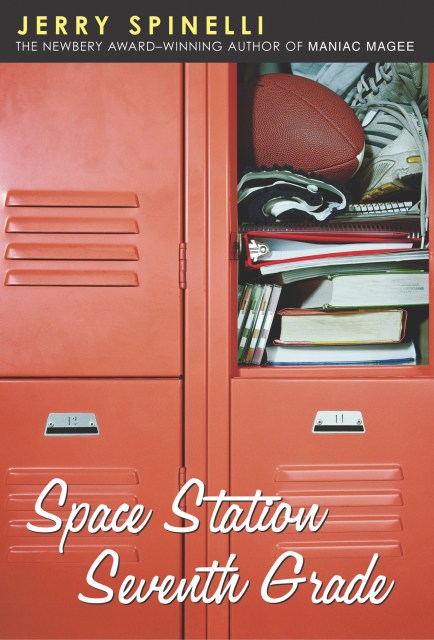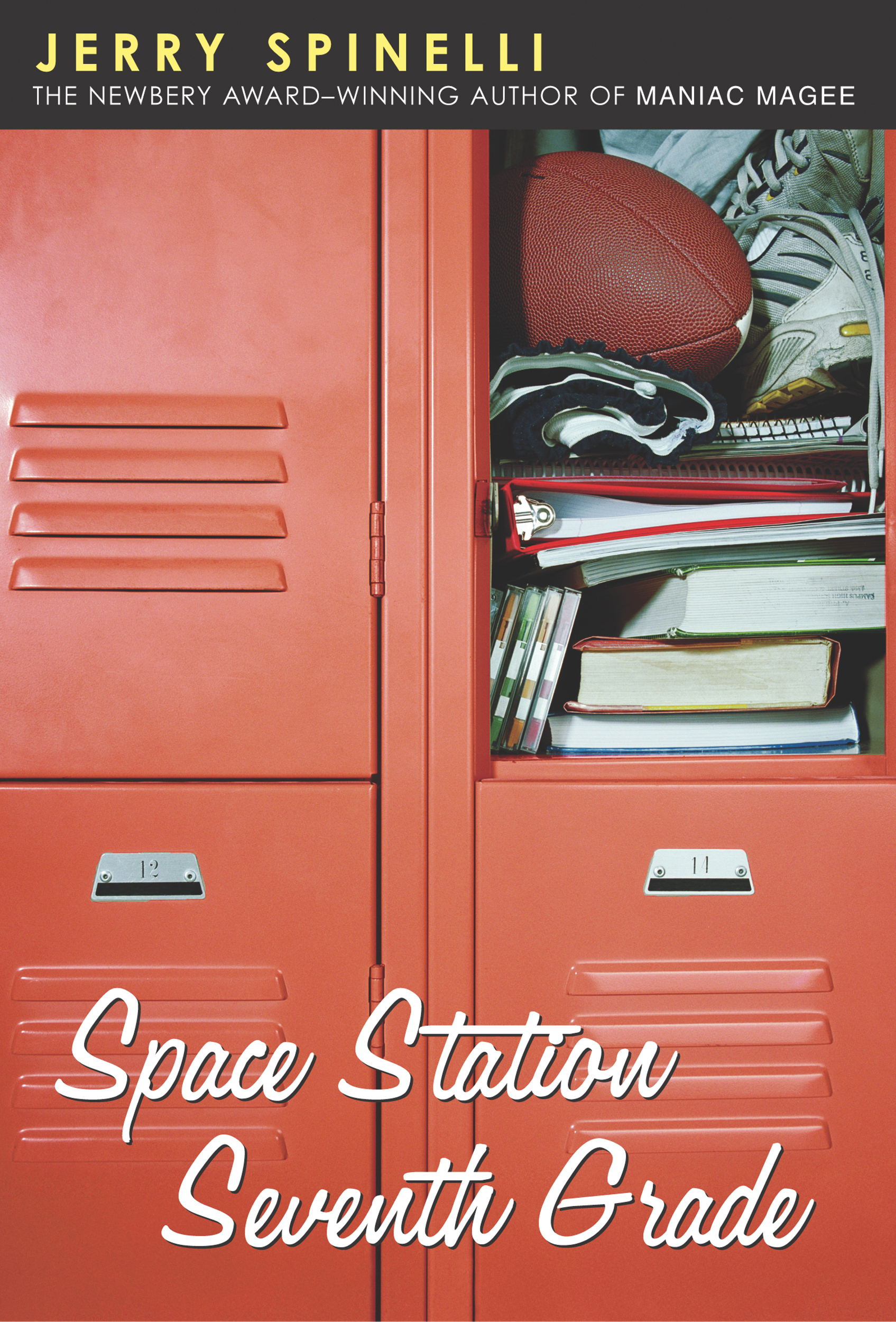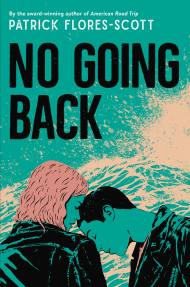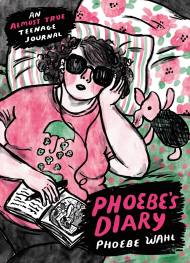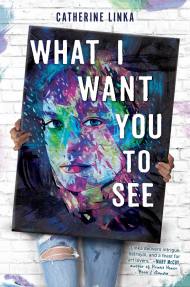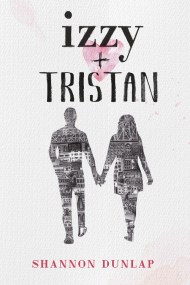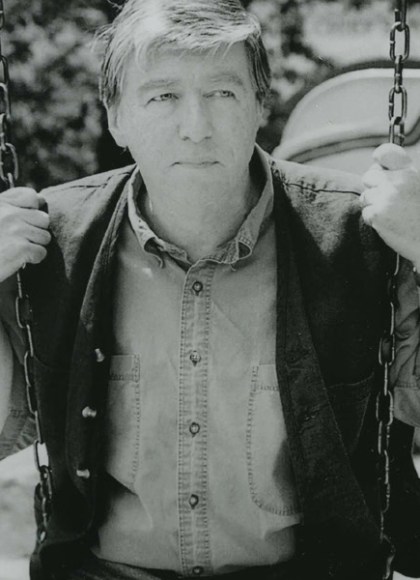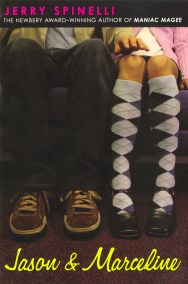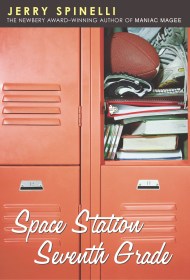Promotion
Use code MOM24 for 20% off site wide + free shipping over $45
Space Station Seventh Grade
The Newbery Award-Winning Author of Maniac Magee
Contributors
Formats and Prices
Price
$6.99Price
$8.99 CADFormat
Format:
- ebook $6.99 $8.99 CAD
- Trade Paperback $14.99 $19.99 CAD
This item is a preorder. Your payment method will be charged immediately, and the product is expected to ship on or around July 15, 2014. This date is subject to change due to shipping delays beyond our control.
Also available from:
Now a seventh grader, Jason finds out the hard way just how different things are where ninth graders are the kings.
Genre:
- On Sale
- Jul 15, 2014
- Page Count
- 235 pages
- Publisher
- Little, Brown Books for Young Readers
- ISBN-13
- 9780316381468
Newsletter Signup
By clicking ‘Sign Up,’ I acknowledge that I have read and agree to Hachette Book Group’s Privacy Policy and Terms of Use
